I Have integrated keycloak with an angular app. Basically, both frontend and backend are on different server.Backend app is running on apache tomcat 8. Frontend app is running on JBoss welcome content folder.
Angular config
angular.element(document).ready(function ($http) {
var keycloakAuth = new Keycloak('keycloak.json');
auth.loggedIn = false;
keycloakAuth.init({ onLoad: 'login-required' }).success(function () {
keycloakAuth.loadUserInfo().success(function (userInfo) {
console.log(userInfo);
});
auth.loggedIn = true;
auth.authz = keycloakAuth;
auth.logoutUrl = keycloakAuth.authServerUrl + "/realms/app1/protocol/openid-connect/logout?redirect_uri=http://35.154.214.8/hrms-keycloak/index.html";
module.factory('Auth', function() {
return auth;
});
angular.bootstrap(document, ["themesApp"]);
}).error(function () {
window.location.reload();
});
});
module.factory('authInterceptor', function($q, Auth) {
return {
request: function (config) {
var deferred = $q.defer();
if (Auth.authz.token) {
Auth.authz.updateToken(5).success(function() {
config.headers = config.headers || {};
config.headers.Authorization = 'Bearer ' + Auth.authz.token;
deferred.resolve(config);
}).error(function() {
deferred.reject('Failed to refresh token');
});
}
return deferred.promise;
}
};
});
module.config(["$httpProvider", function ($httpProvider) {
$httpProvider.interceptors.push('authInterceptor');
}]);
Request Header
Accept:*/*
Accept-Encoding:gzip, deflate
Accept-Language:en-US,en;q=0.8
Access-Control-Request-Headers:authorization
Access-Control-Request-Method:GET
Connection:keep-alive
Host:35.154.214.8:8080
Origin:http://35.154.214.8
Referer:http://35.154.214.8/accounts-keycloak/
User-Agent:Mozilla/5.0 (Windows NT 10.0; Win64; x64) AppleWebKit/537.36 (KHTML, like Gecko) Chrome/59.0.3071.115 Safari/537.36
Error on web console.
XMLHttpRequest cannot load http://35.154.214.8:8080/company/loadCurrencyList. Response to preflight request doesn't pass access control check: No 'Access-Control-Allow-Origin' header is present on the requested resource. Origin 'http://35.154.214.8' is therefore not allowed access.
Cors filter on backend
@Component
public class CORSFilter implements Filter {
static Logger logger = LoggerFactory.getLogger(CORSFilter.class);
@Override
public void init(FilterConfig filterConfig) throws ServletException {
}
@Override
public void doFilter(ServletRequest request, ServletResponse res,
FilterChain chain) throws IOException, ServletException {
HttpServletResponse response = (HttpServletResponse) res;
response.setHeader("Access-Control-Allow-Origin", "*");
response.setHeader("Access-Control-Allow-Methods", "*");
response.setHeader("Access-Control-Max-Age", "3600");
response.setHeader("Access-Control-Allow-Headers", "*");
chain.doFilter(request, response);
}
public void destroy() {
}
}




